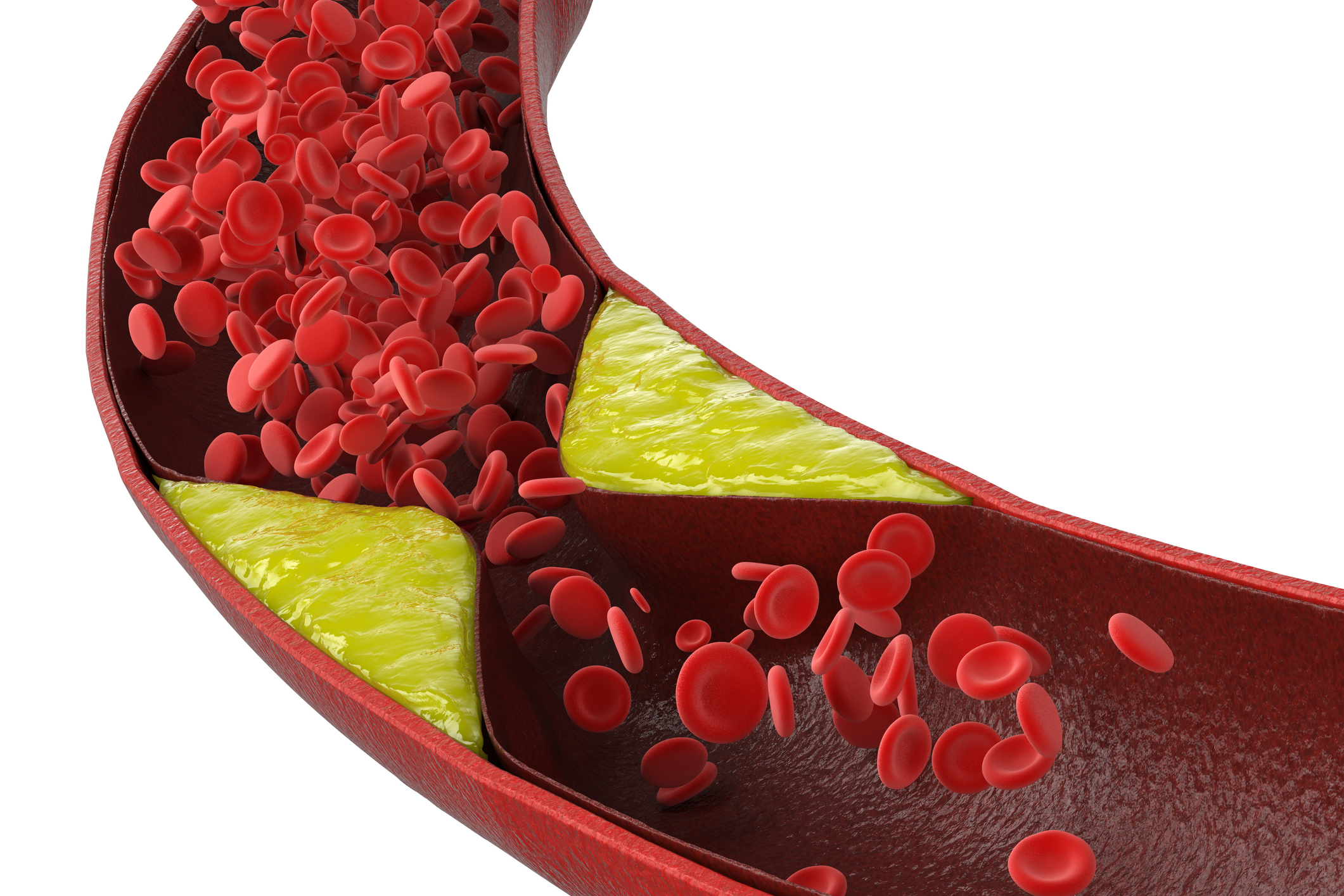
Oxidized cholesterol refers to cholesterol that has undergone a chemical reaction with oxygen, leading to the formation of oxidized lipid compounds. Oxidized cholesterol is believed to be more harmful to the body compared to non-oxidized cholesterol and has been associated with increased risk of cardiovascular diseases.
While it is important to consult with a healthcare professional for personalized advice, here are some natural methods that may help in reducing oxidized cholesterol levels:
- Dietary changes:
- Avoid or limit the consumption of processed and fried foods, as they are more likely to contain oxidized cholesterol.
- Increase intake of fresh fruits and vegetables, whole grains, legumes, and nuts, which are rich in antioxidants and can help reduce oxidation in the body.
- Consume foods high in omega-3 fatty acids, such as fatty fish (salmon, mackerel, sardines), flaxseeds, and chia seeds, which have anti-inflammatory properties.
- Antioxidant-rich foods:
- Include foods high in antioxidants, such as berries (blueberries, raspberries, strawberries), dark leafy greens (spinach, kale), green tea, and spices like turmeric and ginger.
- Antioxidants can help neutralize free radicals and reduce oxidative stress, which may contribute to the oxidation of cholesterol.
- Regular exercise:
- Engaging in physical activity on a regular basis can help improve cholesterol levels and reduce oxidative stress.
- Aim for at least 30 minutes of moderate-intensity aerobic exercise, such as brisk walking, cycling, or swimming, most days of the week.
- Stress management:
- Chronic stress can contribute to oxidative stress and inflammation in the body.
- Practice stress management techniques like deep breathing exercises, meditation, yoga, or engaging in hobbies and activities that promote relaxation.
- Quit smoking:
- Smoking is known to promote oxidative stress and increase the risk of cardiovascular diseases.
- Quitting smoking can have numerous health benefits, including reducing oxidized cholesterol levels.
- Maintain a healthy weight:
- Obesity and excess body weight can contribute to oxidative stress and increase the risk of cardiovascular diseases.
- Adopting a healthy eating pattern and engaging in regular physical activity can help achieve and maintain a healthy weight.
It’s important to note that these natural methods are not a substitute for medical treatment or advice. If you have concerns about your cholesterol levels or cardiovascular health, it’s best to consult with a healthcare professional who can provide personalized guidance and recommend appropriate interventions.
See More on Video

The Oxidized Cholesterol Strategy™ By Scott Davis This program will tell you step by step instructions on what you need to completely clean plaque buildup in your arteries so as to drop your cholesterol to healthy level.